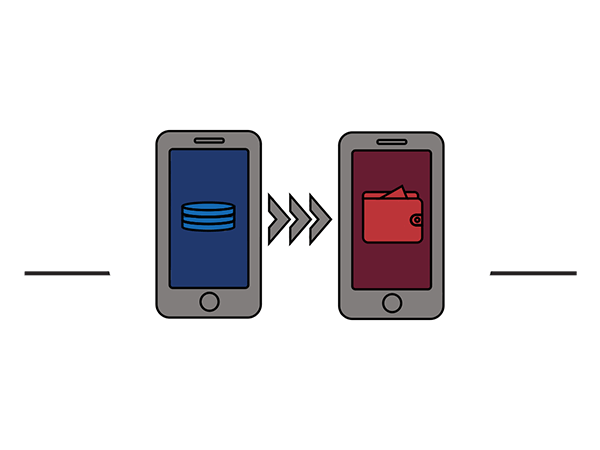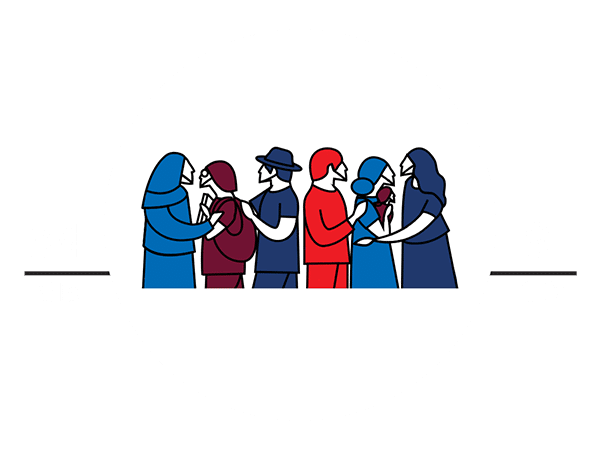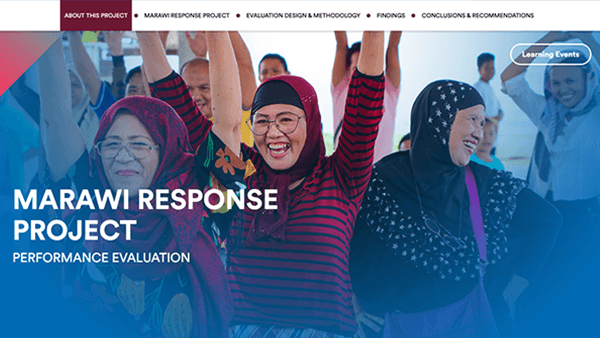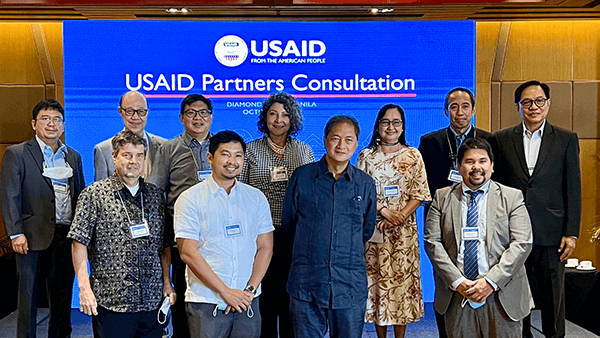The review on relevance, effectiveness, and sustainability noted the following facilitating factors as being critical: 1) policy alignment with government and other development partners; 2) building relationships and trust with key counterparts; 3) flexibility and the use adaptive management (especially during the COVID-19 pandemic); 4) being responsive to the needs of counterpart personnel and beneficiaries; 5) beneficiary engagement; 6) implementation collaboration and partnership; and 7) GESI integration.
Some of the factors that hindered effectiveness included: 1) policy differences between industry and academe; 2) limited information flow among key players; 3) bureaucratic procurement processes, including USAID’s; 4) funding constraints; 5) performance indicator management systems that did not adequately capture key aspects of activity implementation and progress; and 6) changing political dynamics resulting from the local and national elections.
Overall, the AORs had very positive feedback regarding the process of conducting evaluations as well as evaluation quality, especially for the learning and dissemination events. Most AORs also indicated the evaluations will be useful for informing the design of future strategies and activities.
Prioritizing evaluation use and dissemination was an integral part of each evaluation. Learning events provided a platform for presenting the key findings of the evaluations to relevant stakeholders, engaged participants in discussions, gathered insights, and encouraged the uptake and application of evaluation results. Knowledge and communication products complemented and added value to the learning events, enabling a larger audience to access the results.
Lessons on conducting evaluations included: 1) There were advantages to incorporating remote data collection into the evaluation process, which was initially necessitated by travel and meeting restrictions related to the COVID-19 pandemic created cost savings that made it possible for CLAimDev to experiment with new types of learning events and knowledge and communications products; 2) Clarifying and developing indicators are useful to activity management and provide information on progress toward accomplishments (beyond a focus on standard indicators which are not always relevant to project outcomes and accomplishments); 3) There is a need to consider the timing of an evaluation relative to the stage of implementation (mid-term and/or end-of project); and 4) Implementing learning and dissemination events is important for broader engagement with the key stakeholders and beneficiaries.
























